Articles
Can Sleep Apnea Cause High White Blood Cell Count?
 August 21st, 2024
August 21st, 2024
Sleep apnea, particularly OSAS, is linked to increased white blood cell counts and systemic inflammation, with CPAP therapy effective in reducing these effects.
Sleep Apnea And Insomnia Treatment
 August 21st, 2024
August 21st, 2024
COMISA treatment requires expert diagnosis and combines CPAP, CBT-I, and lifestyle adjustments for effective management.
How To Not Snore On A Plane
 August 21st, 2024
August 21st, 2024
To avoid snoring on a plane, recline seats minimally, stay hydrated, use nasal aids, opt for a neck pillow, and avoid alcohol and heavy meals.
Can Snoring Cause Ear Pain?
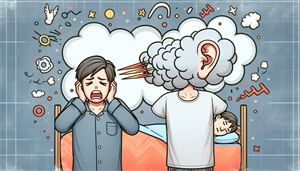 August 21st, 2024
August 21st, 2024
Snoring may cause ear pain and hearing issues; addressing it involves lifestyle changes and medical treatments like CPAP therapy.
Sleep Apnea And Low Testosterone
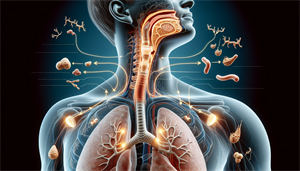 August 21st, 2024
August 21st, 2024
OSA impacts testosterone levels, affecting sleep quality and health. Understanding this relationship is key to managing both sleep apnea and hormonal health.
Does Snoring Mean Poor Sleep Quality?
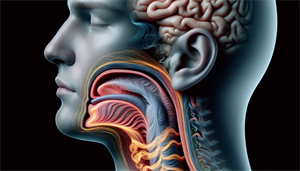 August 21st, 2024
August 21st, 2024
Snoring, often a sign of sleep apnea or heart issues, impairs sleep quality and can lead to cognitive and health problems.
Sleep Apnea and Memory Decline
 August 21st, 2024
August 21st, 2024
Sleep Apnea and Restless Leg Syndrome (RLS) often coexist, worsening insomnia. Treatments like CPAP and lifestyle changes can effectively manage both.
Sleep Apnea and Restless Leg Syndrome
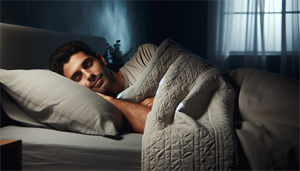 August 21st, 2024
August 21st, 2024
Sleep Apnea and Restless Leg Syndrome (RLS) often coexist, worsening insomnia. Treatments like CPAP and lifestyle changes can effectively manage both.
What Are The Three Types Of Snoring?
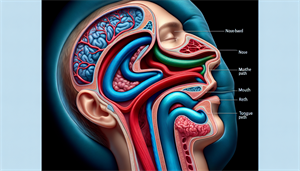 August 21st, 2024
August 21st, 2024
Snoring types include nose-based (nasal blockages), mouth-based (airway tissue vibration), and tongue-based (tongue obstruction).
Can Chewing Gum Help Snoring?
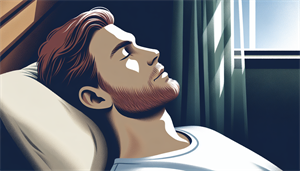 August 21st, 2024
August 21st, 2024
Chewing gum may help reduce snoring by strengthening jaw and throat muscles, alongside mouth exercises, lifestyle changes, and professional consultation.